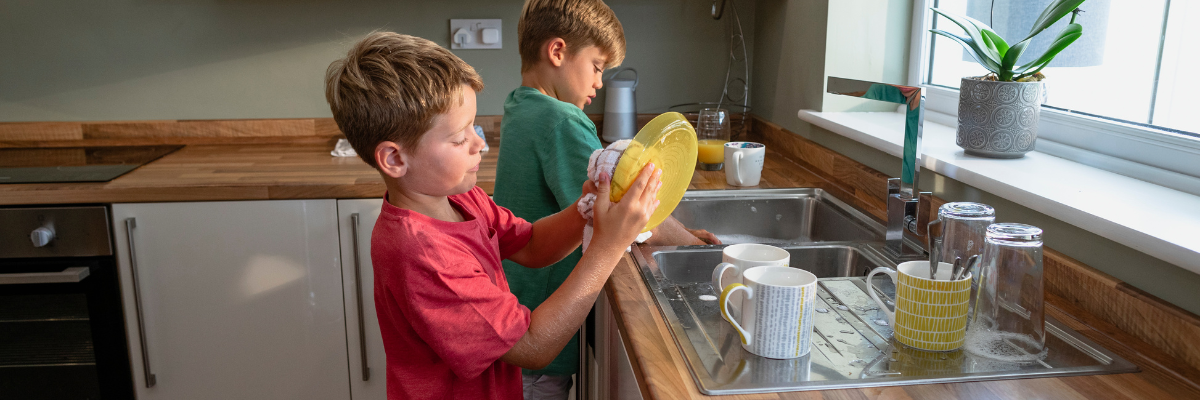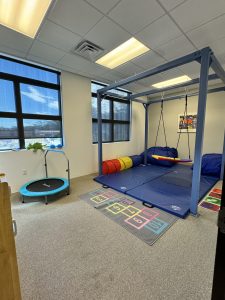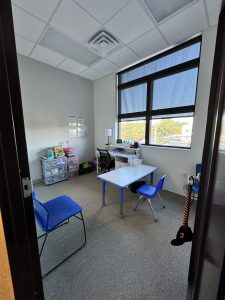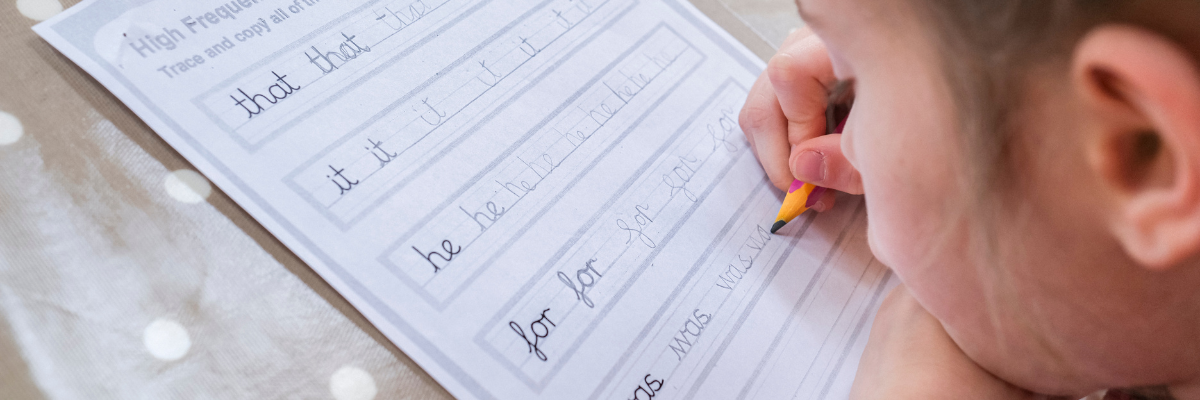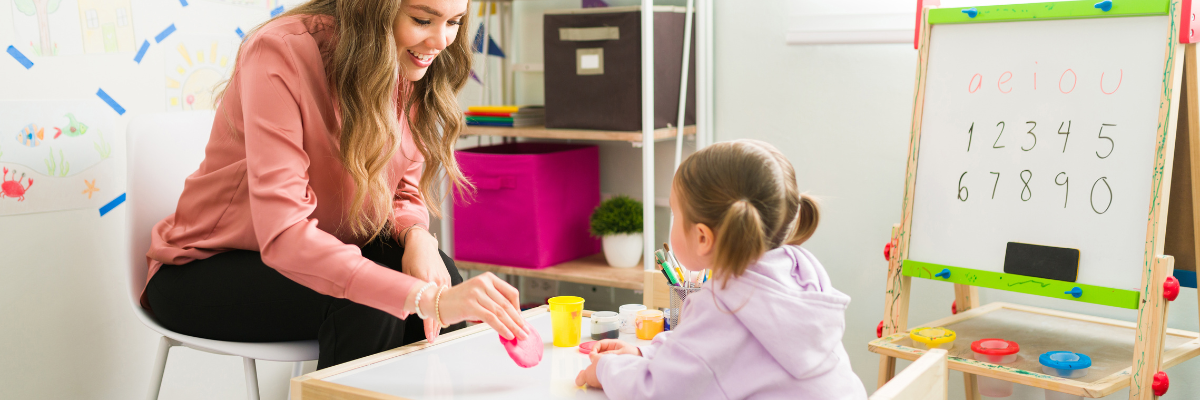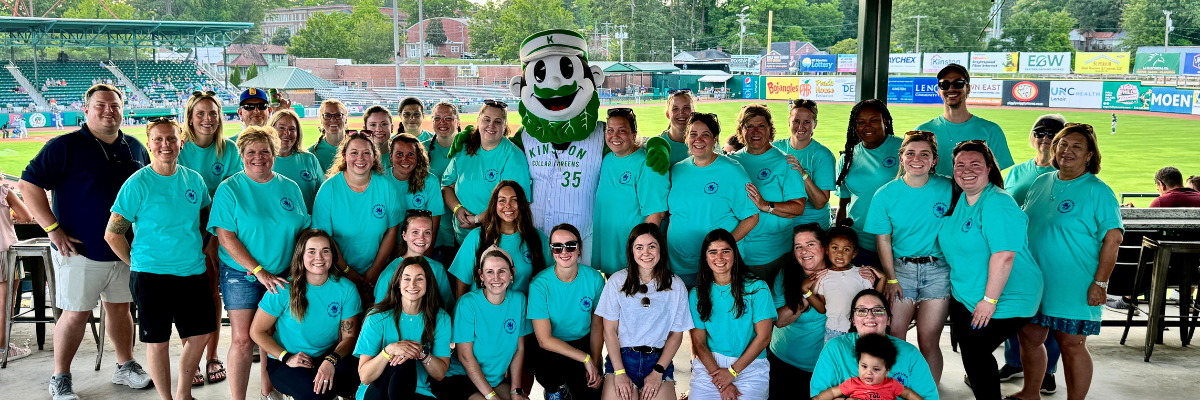Pediatric Physical Therapy Now Available at Our Goldsboro Clinic
Carolina Therapy Connection is excited to bring Pediatric Physical Therapy to our Goldsboro clinic! This new addition allows families in the area to access specialized care designed to support the development of age-appropriate gross motor skills and recovery from injuries. Our dedicated physical therapist works with children of all ages, offering personalized care to help them reach their fullest potential. Pediatric Physical Therapy is essential for addressing physical challenges that can impact a child’s ability to move, play, and participate in everyday activities. From infants with developmental delays to older children with sports injuries, our services cater to a variety of needs, including torticollis, movement disorders, orthopedic conditions, genetic or neurological disorders, muscle imbalances, and poor coordination or motor planning.
How Can Physical Therapy Work with Infants and Younger Children?
For younger children, including infants and toddlers, physical therapy focuses on developmental milestones and early intervention. If your baby is not sitting, crawling, or walking on time or has been diagnosed with torticollis, physical therapy can provide targeted exercises to encourage proper muscle development and movement patterns. Additionally, we help children with developmental delays by enhancing their strength, balance, and coordination, ensuring they can actively explore their environment. Early intervention is critical in promoting physical and cognitive development during these formative years.
How Does Physical Therapy Benefit Older Children?
For older children, physical therapy supports recovery from sports-related injuries, orthopedic conditions, and other physical challenges. Our therapist works with young athletes to safely return them to play, stronger and more resilient than before. Therapy also addresses poor coordination and motor planning, helping children improve their ability to perform daily tasks and engage in activities they love. Children with genetic, brain, spine, or nerve disorders benefit from customized plans that focus on their unique needs, promoting functional mobility and independence. Whether it’s addressing muscle imbalances, recovering from an injury, or improving overall movement, we provide compassionate care to help older children thrive.
How Can Carolina Therapy Connection Help?
At Carolina Therapy Connection, we’re committed to helping every child succeed. Our Pediatric Physical Therapist is now seeing patients at our Goldsboro clinic and has immediate openings available. With no long waitlists, families can access care quickly and begin their child’s journey toward improved strength, mobility, and confidence. Contact us today to learn more or schedule an appointment—we’re here to help your child every step of the way!
Meet Anna, our Pediatric Physical Therapist in Goldsboro!
Anna is a licensed physical therapist who has experience working with kids of all ages. She believes in using play during therapy to help keep children engaged while working to meet their functional goals. Anna received her Doctorate in Physical Therapy from East Carolina University in the spring of 2024 and obtained her license shortly afterward.
She offers a child-led approach to therapy, where she allows clients to play freely while simultaneously making the activities therapeutic to promote participation, build confidence, and address their deficits in order to make progress toward their therapy goals. She offers in-person sessions and is committed to helping clients and equipping their parents with the tools they need, so their child can advance their skills both in the home and during therapy sessions.
For more information or to make an appointment, visit our website or call our office. We look forward to helping your child meet their gross motor milestones and improve their ability to interact with the world around them!




